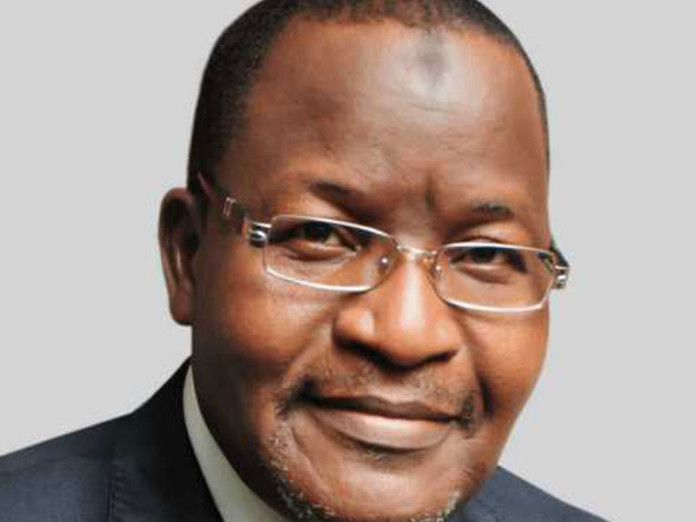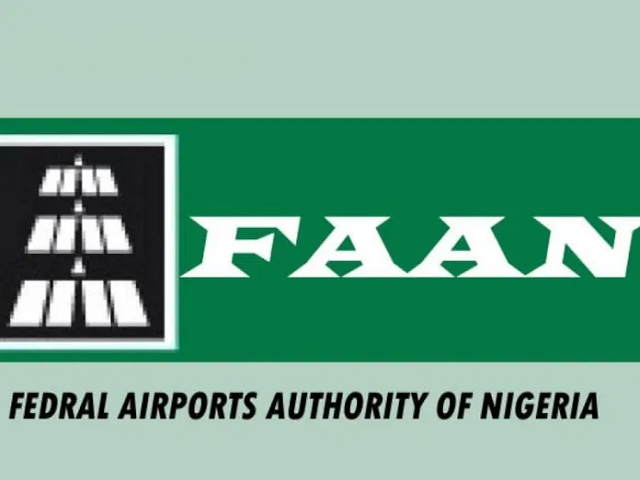The Nigerian telecommunications industry has recorded an increase in investments from $50 million in 2001 to over $70 billion as at September 2017, while the Value Added Service (VAS) segment of the telecoms market alone is worth over $200 million as at 2018, and is estimated to grow to $500 million by 2021.
The Executive Vice Chairman of the Nigerian Communications Commission (NCC), Prof. Umar Garba Danbatta, attributed the growth in telecoms investment since 2001 to the adoption and implementation of global best practices and standards in telecoms regulation, but noted that the successes did not come without challenges.
Following the huge debt burden in the sector, Danbatta stated that the NCC is involved in mediation and arbitration to ensure that the huge debts are paid to forestall disruption of telecommunications services.
“The debt profile in the telecoms sector is huge, but what we are doing is to mediate in order to ensure that these debts are paid, because a situation where those who are owing the money do not pay affects the services of those who are being owed, because there is need to invest to provide those services that the debtors need in order to survive. So we always encourage amicable settlements of debts.
“But the law establishing the commission empowers it to mediate, and arbitrate in many cases in order for us to ensure services are not disrupted. These efforts are going on behind the scene, we don’t talk about it, but the telcos which are here, will attest to this fact that the NCC is involved in mediations in order to settle the huge debt profile in the industry.
“We have information in the NCC on how much each operator is owing, but we do not need to make it public because not paying cripples activities of those being owed. So the debt profile in the industry is very huge and something needs to be done to ensure it does not get out of control and hamper services in the telecoms sector,” he said.
He further stated that the commission was aware of the huge debt, especially the debt owed contractors that have provided services to the telecoms for several years past, but pointed out that “the indebtedness is not peculiar to a particular telecoms operator, but cuts across all the operators.”













